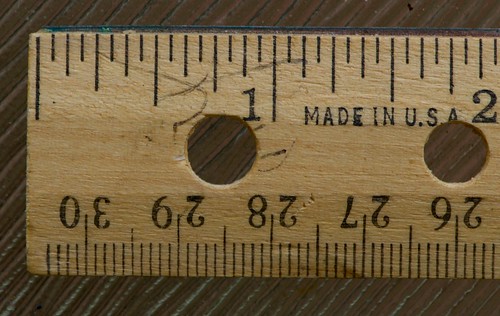So here I am, looking for this blogpost I am positive I wrote one day, and I can't find it. I've looked, really, on both this blog and the other one. But nope, it's not there. Strange. So I guess I'll have to write it. To be fair, I brush upon the topic in this post.
But this Scale Theory of mine is not exactly an intercultural theory per se, it's more of a communication thing, which I developped a long time ago, way before I even thought I'd ever work in trying to understand how people communicate. Anyway. This is a theory about giving (and taking, as I think both are intrinsically linked and can't work without each other, but that could be the topic for another blogpost) and about how giving and taking are highly dependant on language. Not so much language as in French or German (although actual language issues may come into play) but rather language in a "thing I lug around with me when I try to interact with people" kind of way. Something like your expectations, your intent, the meaning you put behind words etc.
To understand the idea, you have to put yourself in a state where you are giving something. This something can be a physical thing (a book, a bunch of flowers, whatever), a hug, or even a word of appreciation. Done that? Good. Now imagine that the "effort" (for lack of a better word) it takes you to give that thing is measured against a scale, your scale. In order to make things easier, we'll decide that this scale of yours has the inch (in) as a unit and that the tool your use to measure it is a 5in ruler. When you give, what you give will be measured against this ruler, and for you, giving 5in is more "important" than giving 1in. The "importance" can be measured by many different values that all converge into this 1 to 5in scale. Values can be, in no particular order: how much that thing has cost you, how difficult it was for you to give it, how complicated it was for you to express it, how often you usually give something like this etc. All of this results in your final measurement.
Now say you give a book. This is a book that is out of print, so really hard to find, and you've loved it a lot because it tells a lot about who you are and what you think. So when you give it to someone (we'll call that someone "deserving-person"), you decide that on your scale, this act of giving is worth a 4. 4 inches on your inner ruler. 4in is a rather big thing on a scale of 5, right? So here you go, giving that book to deserving-person, all happy about yourself and how great a gift you're giving them. And for some reason, deserving-person looks at the book and goes: Oh, thanks.
(you know, with this little undertone that goes "eh, you shouldn't have, and means it litteraly), and that's it. Quite a turn off, right?
So why was deserving-person not quite as excited as you when you gave your gift? Well, my take is the following. While your ruler is expressed in inches, their ruler might be expressed in centimeters. So while your ruler is 5in (approximately 10cm), their ruler is 10 cm long. If you put both rulers side to side, they'd be virtually the same length. What changes is the scaling. So what happens? Deserving-person might have seen the 4, and not gone further. They measured that 4 against their ruler, and it came out to mean 4cm. Not much on a scale of 10. It might be they don't like books, or have three copies of that one, or don't understand why you would offer them a book. Whatever. In the end, the problem lies not so much in what you've given, but in what the other percieves they're getting. And if they stop at the number without looking at the unit, they might get disappointed, because your scaling and theirs are different. Makes sense?
The theory behind this is that we'll take what's given to us and more often than not judge the gift against our personal ruler, without trying to put things in perspective. Your friend hardly ever hugs you? Bummer, you're quite the hugging type and hug them all the time. But then, do they hug anyone else? Ever? Often you'll realise that if you do put things in persepctive, and for a minute put yourself in the other's shoes, you might understand how difficult it was for them to give whatever it was they were giving and feel honored, grateful, happy that they gave precisely this to you. The value of the gift should be measured against their ruler, not yours. It's a damn hard thing to do, but trying it, you're in for really great discoveries. At least, that's what I found.
Sources
Photo by Biking Nikon OGG - "Ruler - Wooden; Why no "Inches" label?" Flickr - CC-BY

